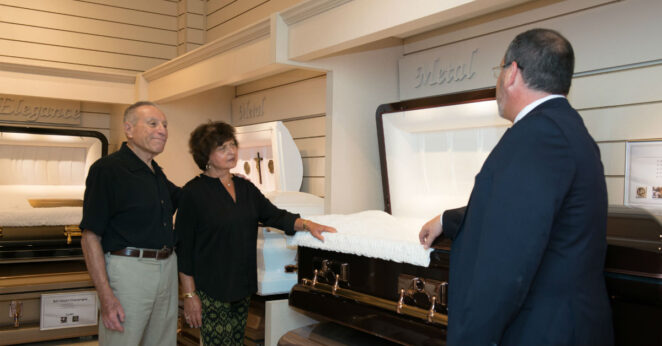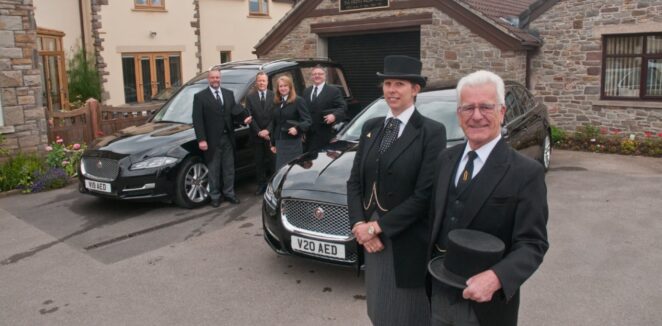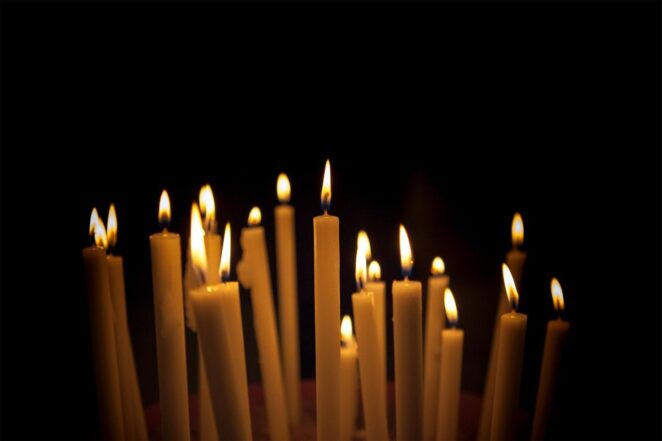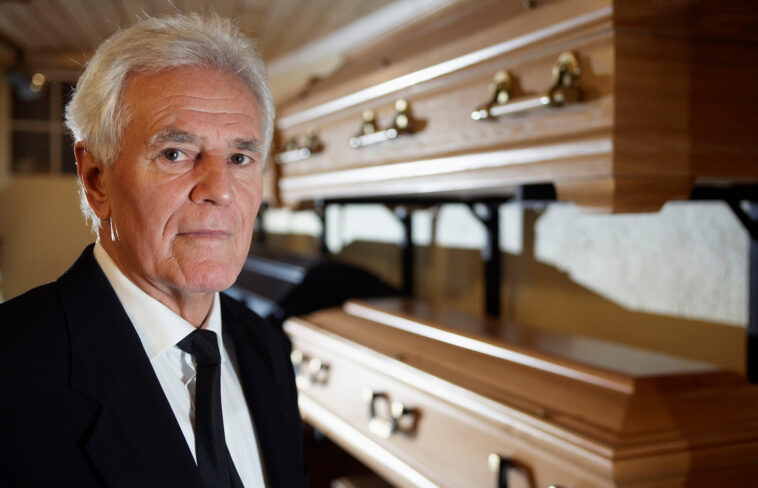When someone dies, one of the most difficult things to deal with is the funeral. It can be hard to cope with the emotions and say goodbye to a loved one. For many people, arranging a traditional funeral is too difficult. This is where virtual funeral services come in.
The death of someone we know can be devastating enough – what more with someone we care about and truly love? We have all experienced death at some point, but it’s as if it occurs for the first time when it happens. No matter how much or how carefully you prepare for it, it is still a big blow when it happens – particularly if it’s someone we’re close to or our life partner. It follows, then, that we want to give them the best of the best when it comes to the funeral. But just like everything else, it can be difficult to arrange one, particularly if we have very specific needs.
There is good news, though – you could always seek assistance from a funeral director and their team to make the arrangement easier and less stressful. They exist for one purpose, after all – to help you and your family cope with grief in a better way by making sure that you don’t have to worry too much about the funeral and everything goes according to plan. So how exactly can a funeral director help with arranging a funeral? Here’s what you should know.
Their General Role

We all know that the funeral director is there to make it easier to plan – they can assist you with both major and minor decisions, and they will tell you which kind of paperwork you should accomplish and how. They are there from the beginning – from the transport of the deceased’s body – to the end – until the burial or cremation is complete. But their role encompasses more than this. We can’t underestimate what they do for us, all in all. From the very first instance, they will provide you with comfort and support, and they will give you advice on all aspects of the funeral. They work behind the scenes to ensure that things go well and everything is managed as professionally as possible, and it adheres to your highest standards.
Aside from this, the funeral director will sit down with you and discuss the costs and how you can spread it around if you are on a budget. They will make a record of what you want (along with the wishes of the deceased, if any) and will try their best to incorporate this. Their service is such that they will thoroughly explain all your choices and options so that you can make the proper decisions.
These are all just the general role. If you want to get into the specifics, here’s what you can expect:
-
Before the Funeral

As soon as the person you love has passed away, you can give the funeral director a ring, and they will take charge of the transfer of the deceased to your chosen mortuary. They can also help if you wish the deceased to stay at home or if the deceased is to be brought back to the country from a death overseas.
They will then organise the person who died to be placed at a chapel of rest so the person’s family and close friends can view them before the funeral. If you need death notices or obituaries placed in the newspapers, they can take care of this also, much like what expert funeral directors from Carrollandcarrollfunerals.co.uk can do for you. They can also give you advice on the legalities, including all necessary paperwork, and provide you with advice on all funeral aspects – from the kind of service you want to the choices in caskets or coffins, the catering and the venue, the celebrants, the vehicle used for the deceased, the flowers, music, the order of the service, and so on.
-
During the Funeral
On the day itself, they will ensure that everything goes smoothly and your wishes and the deceased’s wishes are followed. They will ensure that every detail is perfect – from the transport used for the deceased’s family and friends to the general service. Your funeral director will oversee everything, including keeping a close eye on the happenings, especially at the crematorium or cemetery. But at the same time, they will be discreet – they will stay on the sidelines but in full view so you can go to them when you have a question or concern.
Once the cremation is finished, they will make sure the ashes are given to you in the container you have chosen, and they will even help with the arrangements for scattering the ashes or preserving them. They will also collect all the attendance or obituary cards, so you will know who was present.
-
After the Funeral

Once the funeral is over, it doesn’t stop or end there. Your funeral director will have a follow-up job, such as arranging for the person who died or their ashes for transfer to another place, whether in the UK or abroad, and arranging for the donations and flowers to be sent to the appropriate people, charity or organisation. They will also be in charge of organising the headstone, memorial, or grave to be set in place at the proper time.
The funeral director you choose will be with you every step of the way, making sure that etiquette is followed. They will make sure that the funeral is what your loved one had wished, and they will leave no stone unturned so that everything you or the deceased wanted is followed. Their service is invaluable, especially when support is difficult or even impossible to get elsewhere.
When choosing a funeral director and their team (which includes the funeral arranger, the embalmer, the undertaker, the funeral attendant, and more), make sure you choose one with the necessary skills and experience, and it follows that you should look for one you feel comfortable with and someone you feel at ease with. Remember that your funeral director will essentially serve as an extension of your family during this trying time – and choosing wisely will ensure that you have someone to talk to and someone who understands your situation and do all they can for you.




